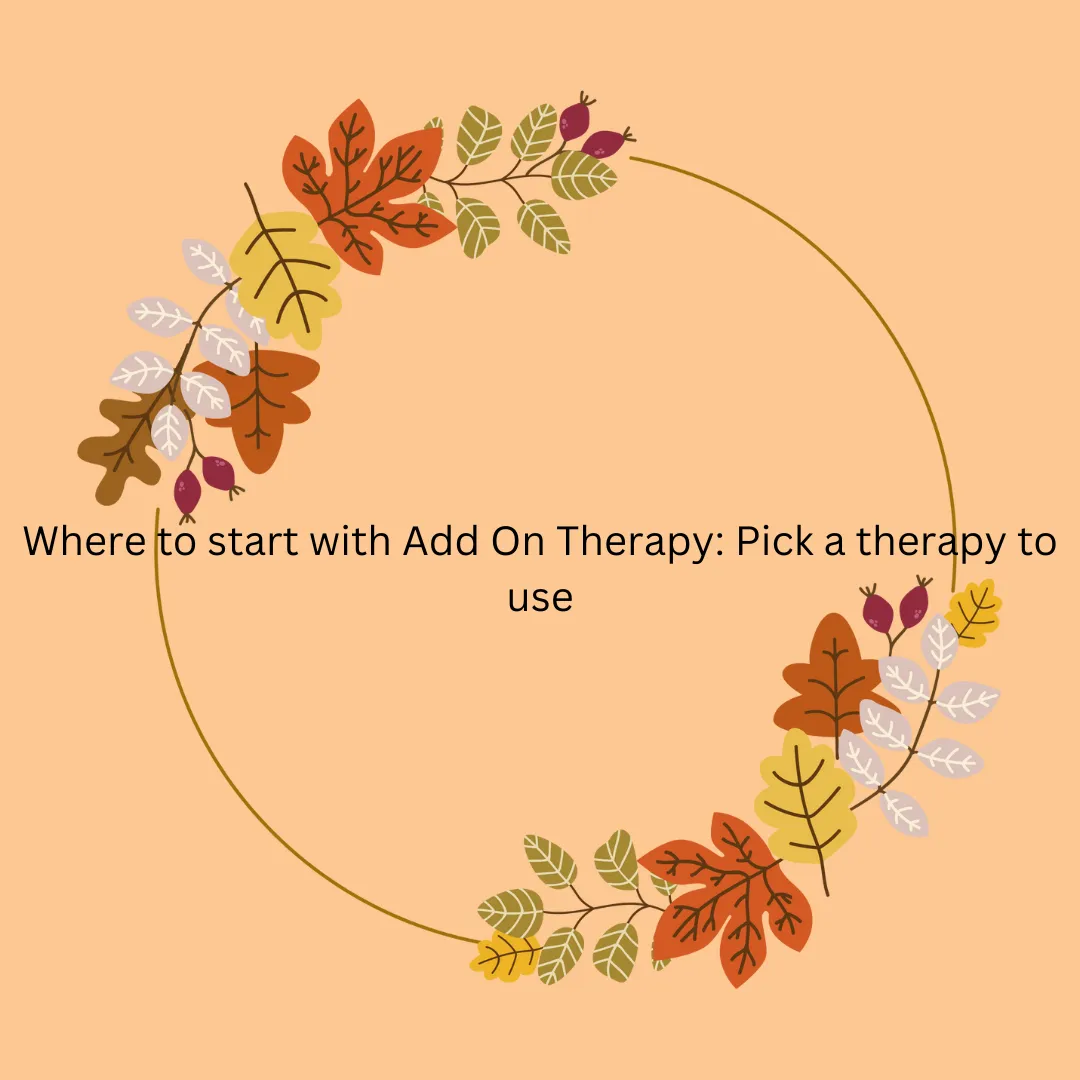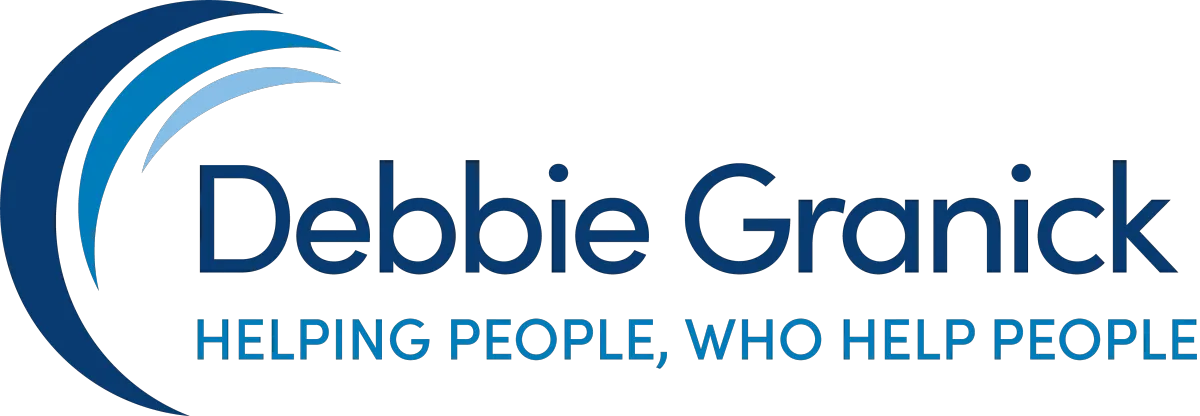Dr. Debbie's Blog: Insights from a PMHNP/LCSW
All posts

Add on Therapy: Where to Start
ADD ON THERAPY -- BEGINNING TO USE AND BILL THE 90833 ADD ON CODE
In the realm of mental health care, the role of a mental health prescriber is invaluable. These professionals possess the knowledge and skills to prescribe medications that can alleviate symptoms and provide much-needed relief to individuals grappling with various mental health issues. However, there's more to holistic mental health care than medications alone. Integrating therapy into your practice can enhance the quality of care you provide and contribute to better outcomes for your clients. In this blog post, we explore how mental health prescribers can become better at specific kinds of therapy, enriching their toolbox for the benefit of their clients.
1. The Power of ADD ON THERAPY (90833, 90836)
As a mental health prescriber, you understand the intricacies of psychiatric medications and their potential impact on individuals. Expanding your expertise to include therapy can make you an even more well-rounded and effective clinician. Add on therapy has evidence-based benefit to the patient AND can increase your practice revenue! To start this journey, consider focusing on one therapeutic approach at a time. This approach prevents overwhelm and allows you to develop a deep understanding of the chosen method.
2. Choosing Your Therapeutic Path
Selecting the right therapeutic approach is a crucial first step. Different approaches suit different clients and conditions. Here are some evidence-based therapeutic methods to consider. Each one is common enough to where there are myriad classes and courses you can take to increase your skills:
Cognitive Behavioral Therapy (CBT): Effective for addressing a wide range of mental health issues, CBT focuses on changing negative thought patterns and behaviors.
Dialectical Behavior Therapy (DBT): Particularly useful for clients with borderline personality disorder, DBT emphasizes emotion regulation and interpersonal effectiveness.
Acceptance and Commitment Therapy (ACT): Ideal for clients seeking to increase psychological flexibility, ACT promotes mindfulness and values-based living.
Motivational Interviewing (MI): Helpful for addressing issues like addiction, substance abuse, and ambivalence about change.
Supportive Psychotherapy: Highly beneficial for individuals dealing with a wide range of mental health challenges. Supportive psychotherapy provides a safe and non-judgmental space for clients to explore their feelings and experiences.
3. Education and Training
Once you've chosen an approach, invest in education and training. Seek out workshops, seminars, online courses, or formal certification programs specific to the chosen therapeutic method. Learning from experts in the field ensures you receive high-quality training.
4. Supervision and Consultation
Never underestimate the value of supervision and consultation. Collaborate with experienced therapists who specialize in your chosen approach. Regular supervision provides essential feedback and guidance, helping you refine your skills.
5. Practice Makes Perfect
Apply what you've learned in your therapy sessions. Practice is essential for mastery. Reflect on your experiences, learn from both successes and challenges, and continually refine your skills.
6. Staying Informed
Stay updated with the latest research and developments in your chosen therapeutic approach. Reading books, journals, and attending conferences or webinars can help you remain at the forefront of therapeutic knowledge.
7. Building Trust and Rapport
Remember that the therapeutic relationship is the cornerstone of effective therapy. Building trust and rapport with your clients is paramount. Be attentive, non-judgmental, and empathetic in your interactions.
Conclusion
As a mental health prescriber, expanding your skill set to include therapy can have a profound impact on the care you provide. Clients benefit from a holistic approach that combines medication management with evidence-based therapeutic interventions. By following these steps, you can enhance your expertise and, ultimately, help your clients lead healthier, more fulfilling lives. Becoming proficient in specific therapeutic approaches takes time and dedication, but it's a rewarding journey that can significantly benefit your clients. Remember that therapy is not one-size-fits-all, so having a diverse toolkit of approaches can be an asset in helping clients achieve their goals. Add on therapy is also a reimbursable service. Follow our blog and take one of our courses (debbiegranick.com) or sign up for coaching, to hone your skills and get compensated for the awesome work you do.
Podcasts, webinars, and more!
Listen to Dr. Granick on top podcasts, radio shows,
webinars, and many more covering a wide variety of mental health topics.
Want your colleagues and your practice to benefit from individualized coaching in providing integrated care?
Contact us to book Dr. Granick to train your practice based on your individual needs!

Debbie Granick presents on wellness topics to groups of all sizes

Dr. Debbie Granick, Doctorally-Prepared Nurse Practitioner and Licensed Clinical Social Worker
Available for speaking, training, consultation to groups of all sizes.
Email: debbie@debbiegranick.com
2024 All RightsReserved




